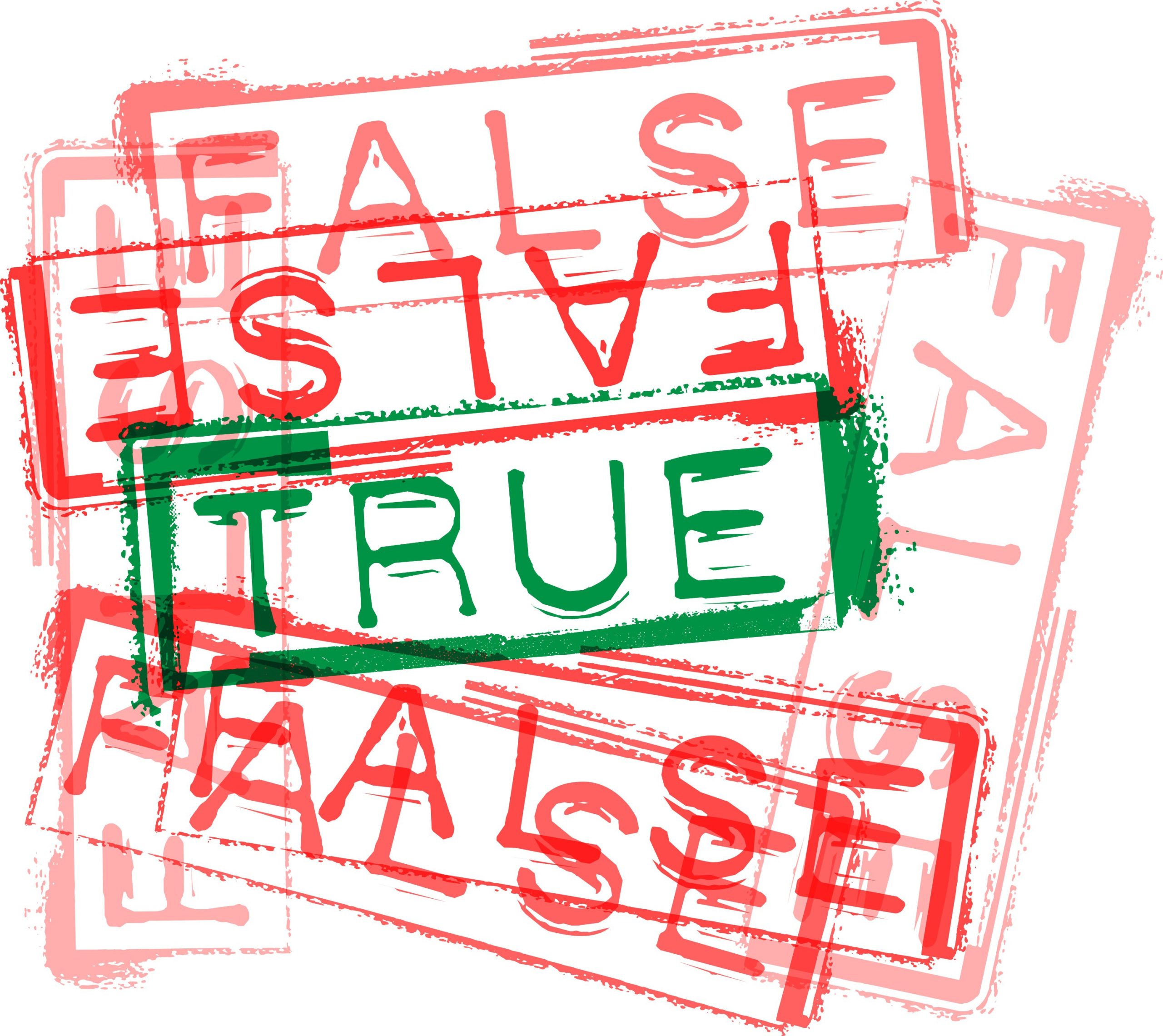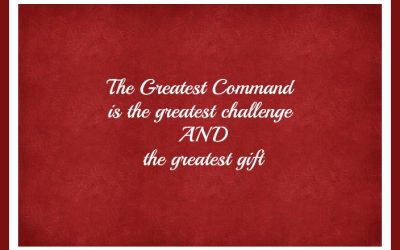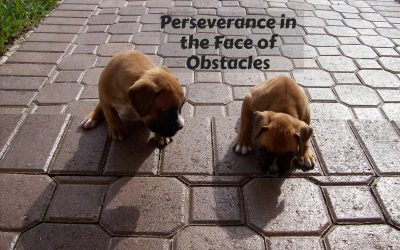Don’t Believe the Lies
“It’s only a black racer,” I said in a matter-of-fact voice to a nervous neighbor as we noticed the snake on her front lawn. “They’re good to have around because they eat insects and small rodents.” A few days later, a black racer slithered into our garage and hid behind a stack of boxes. My reaction was far different as I shouted, “Get it out of here!”
When it became personal, what I said I believed and what my actions proved I believed were two different things.
Sometimes I respond the same way to God. Do you?
What we say
I grew up attending church. I remember Sunday school lessons about Noah, Moses, and King David. Perhaps you didn’t become a Christian until later in life. The Bible was not a familiar book to you. But you want to learn as much as you can as fast as you can to make up for lost time.
Regardless of our personal history with it, the Bible is more than just a compilation of stories about people who lived thousands of years ago. It’s a comprehensive account of who God is and how He works. So we study, learn, apply, and grow. We become more confident in our faith and in the object of our faith. We even share our faith in Christ with others.
We say we believe. We want to believe. But then it gets personal as the bottom drops out of our lives.
Whispered Lies
A friend experienced the death of his wife, father, and brother, all within five months. Another friend is suffering the effects of multiple failed back surgeries, one after the other leaving him in more pain every time.
Perhaps you have received that phone call—cancer. Or you are fighting to hold on to your home as the bank moves to foreclose. Perhaps you’ve been praying for a prodigal son and there’s no indication that he’s ready to return to the Lord and to you. Maybe your husband left you for a younger woman after thirty-five years of marriage. Or perhaps you have confronted what no parent should ever have to face as you held the lifeless body of your child and sobbed for what should not have been.
Then the whispers begin.
Where is God in all this? Where is His generosity, mercy, and provision? How could a good God allow such bad things to happen to His children? And if that’s who He really is, why would we want to belong to such a God? How could we ever trust Him again?
Washed-out bridges
It has become a cliché for action-adventure movies to feature a heroic group of individuals hacking through a jungle, only to come upon a dead-end because of a disintegrated rope bridge and no other way to cross the canyon. Most of us won’t experience a jungle trek, but we do face spiritual canyons and our own version of dead ends. They often appear in the form of questions and statements about God such as:
- You said You are my Guide, but when I ask for direction, why don’t I hear You?
- You said You are my Provider, but I don’t have enough money to pay my bills.
- You said You are my Restorer, so why do I feel chewed up and spit out?
- You said You are our Healer, but you didn’t heal my husband’s cancer.
- Your Word says You are good, so why do You allow bad things to happen?
We can know what the Bible says about God and yet see a reality that appears to differ from what we know. So how do we bridge the gap when the truth doesn’t seem to square with the reality we’re experiencing? Too often, we use our feelings as the bridge, only to be disappointed when they prove unreliable. When our self-made bridge washes out, we feel defeated and alone, questioning what we thought was true.
Confidence in the truth
Bridging the gap between what appears to be true and what is really true begins with knowing who God is. Only then will we be equipped to identify the lies. The more we discern truth, the faster we recognize what is false.
- He does guide His children…but too often we’re listening only for answers we want to hear.
- The Lord is our Provider, but He promised to supply what He knows we need, not what we think we need
- God is our Restorer, and it is when we are at the end of ourselves that He restores us to Him.
- God is our Healer, but His first priority is a healed relationship with Him…using even illness and disease as a way for His children to bring Him glory.
- The Lord is always good, despite the fact that humanity chose sin and must live with its consequences.
It’s difficult to trust someone you don’t know. Many struggle in their relationship with God because they think they know who He is, but they haven’t taken the time to learn who He says He is.
How well do you know what God says about Himself? How well do you want to know Him?






0 Comments